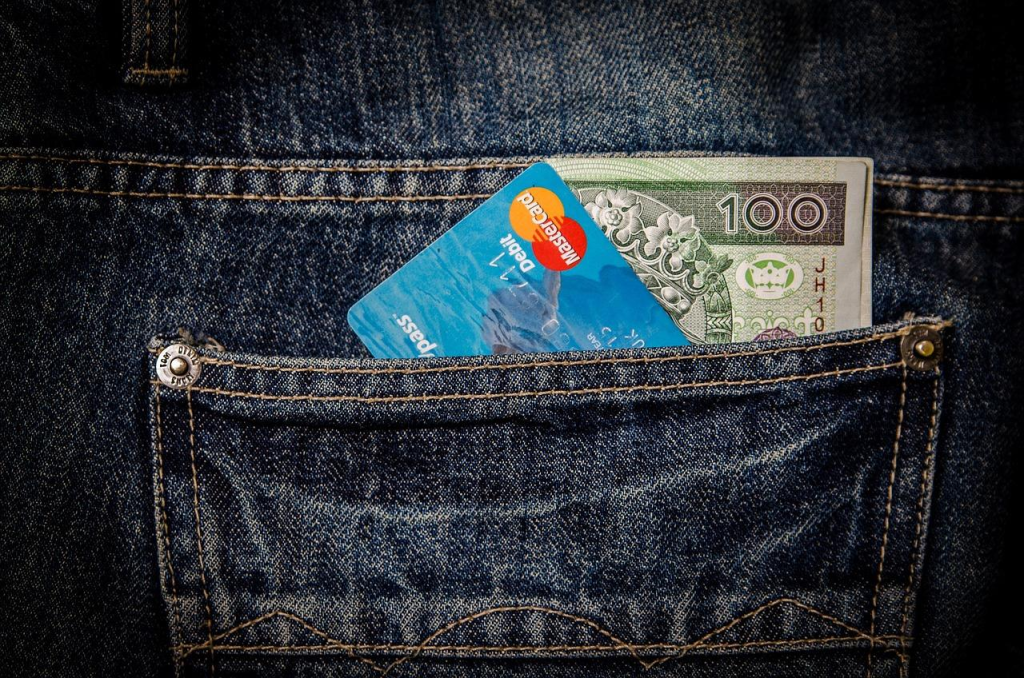With the cost of living continuing to rise across the United Kingdom, more and more people are turning to budgeting as a vital tool to manage their money. As everyday expenses such as rent, food, and energy bills increase, careful planning and tracking of income and spending have become essential for households hoping to stay financially secure.
The concept of budgeting is simple but powerful. It involves creating a plan for how you will spend your money over a set period, typically a month. By doing this, individuals and families can make sure their essential needs are covered while also identifying areas where they may be able to cut back or save. In today’s economic climate, budgeting is no longer just a good idea, it is a necessity.
One of the main reasons budgeting has gained renewed attention is the unpredictable nature of current expenses. Many people are experiencing fluctuations in their monthly bills, particularly for energy and groceries. By having a clear budget, households can adjust their spending in response to these changes without falling into debt. For example, if gas prices spike one month, a well-prepared budget can help you shift spending from non-essentials to cover the increased cost.
There are many tools available to help people get started with budgeting. Apps such as YNAB (You Need A Budget), Emma, and Money Dashboard can connect to bank accounts and categorise spending, making it easier to see where money is going. Others may prefer a simple spreadsheet or pen-and-paper method. The key is consistency and honesty when recording your income and expenses.
A good budget also includes space for savings and emergencies. Even setting aside a small amount each month can help build a safety net for unexpected costs such as car repairs, medical bills, or job loss. Many financial advisors recommend following the 50-30-20 rule — 50 percent of your income goes to needs, 30 percent to wants, and 20 percent to savings or paying off debt.
In addition to tracking spending, budgeting can also help identify opportunities to save money. Combining budgeting with other cost-saving strategies such as using discount vouchers, switching to cheaper utility providers, and buying second-hand goods can lead to real financial relief. It is also useful for setting and achieving long-term goals, whether it is paying off debt, building a holiday fund, or saving for a home.
Budgeting is not about restriction. It is about taking control. With inflation showing no signs of slowing down and wages not always keeping pace, having a budget allows people to make informed decisions, reduce stress, and avoid unnecessary debt.
In uncertain times, financial confidence can come from small, steady steps. By embracing budgeting and staying mindful of where your money goes, you can make a real difference in how you cope with the rising cost of living in the UK.


